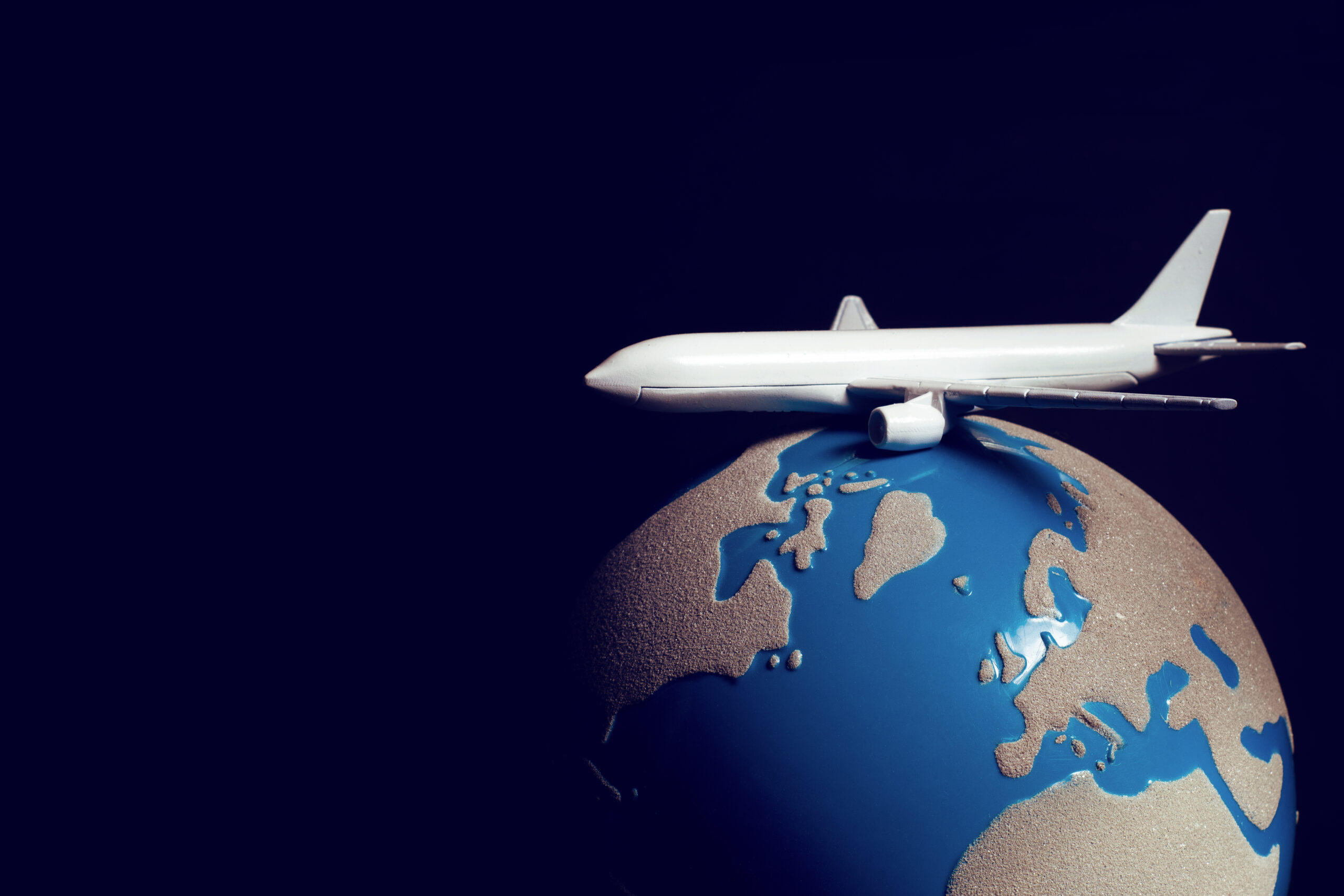One of the most valuable decisions I ever made had nothing to do with a spreadsheet, a market forecast, or a boardroom strategy. It was the decision to travel. Not just vacation travel, but real, immersive experiences in other cultures—learning how other people live, do business, and think about the world.
In finance, we often talk about data, models, and trends. But what we don’t always emphasize enough is perspective. And nothing shapes perspective quite like international travel. Over the years, I’ve found that every country I’ve visited has made me a better leader, a more empathetic colleague, and, frankly, a sharper decision-maker.
Learning to Embrace Ambiguity
Travel teaches you to be comfortable with uncertainty. Whether it’s navigating a foreign airport with signs in a different alphabet, or adjusting to a culture where meetings don’t start exactly on time, you quickly realize that control is an illusion—and adaptability is everything.
This mindset directly applies to trading and leadership. Markets don’t always move the way we expect them to. Teams don’t always follow a script. Being able to stay calm, open-minded, and flexible in the face of unpredictability is a muscle I’ve strengthened more through travel than through any MBA class or investment memo.
Culture Is More Than a Buzzword
In business, we often talk about “understanding other cultures,” but it’s usually in abstract terms—maybe a slide in a presentation or a few bullet points in a training manual. But when you’re sitting at a café in Tokyo, watching how interactions unfold with precision and subtlety, or in a lively market in Mexico City surrounded by color, noise, and passion, you start to feel culture.
These real-world experiences have taught me to never assume my way is the only—or even the best—way. In international finance especially, cultural fluency can be the difference between a closed deal and a missed opportunity. You can’t negotiate effectively with people if you don’t understand what they value or how they interpret respect, time, and trust.
Seeing Systems from the Outside
One of the hidden benefits of travel is that it helps you see your own systems and habits more clearly. When you’re in another country, you begin to notice things about your own culture that felt “normal” before—like how we treat time, how we define success, or how we structure our workdays.
I remember visiting Scandinavia and being struck by the balance people had between work and life. It wasn’t laziness—it was intentional. That trip forced me to reflect on my own pace and priorities. And honestly, I came back not only more productive, but more balanced.
In the same way, travel sharpens your ability to assess systems—whether that’s a company’s operating model or a team’s workflow—because you’ve seen alternatives that challenge your default assumptions.
Building Global Empathy
In leadership, empathy is often described as a soft skill. But I’d argue it’s a critical skill, especially in a global economy. When you travel, you realize quickly that people are people—everywhere. They may speak different languages, eat different food, or worship in different ways, but they care about the same fundamental things: family, opportunity, dignity.
That human connection informs how I lead and how I build teams. I don’t want carbon copies of myself. I want people with different backgrounds, who see the world differently. And I want to create a space where they feel seen and heard. Travel has made me more mindful of that—more tuned in to the fact that diversity isn’t a box to check; it’s an advantage to harness.
Travel as Strategic Thinking Training
Strategic thinking is all about seeing patterns, identifying leverage points, and navigating complexity. Travel is one of the best trainings for that. You’re constantly decoding systems—transport, language, currency, etiquette—and making real-time decisions with limited information.
Sound familiar? That’s basically what we do every day in markets.
But what’s interesting is that travel also expands your mental models. You realize that solutions don’t have to look like the ones you already know. Maybe the best tech infrastructure model isn’t from Silicon Valley, but from Singapore. Maybe the most innovative retail experience isn’t in New York, but in Seoul.
Travel feeds curiosity—and curiosity drives innovation.
Bringing It Home
When I come back from a trip abroad, I always feel a little sharper. Not just because I’ve had a break (though that helps), but because I’ve seen things differently. I’ve stretched my worldview. And that stretch stays with me.
Whether I’m evaluating a new investment, mentoring a young professional, or simply having a team conversation, I find myself drawing on those international experiences. They make me more patient, more imaginative, and more grounded.
We all get locked into our routines, especially in high-performance environments. Travel cracks that open. It reminds us that the world is big, and the best answers sometimes come from unexpected places.
Final Thoughts: Don’t Wait for “Later”
If there’s one thing I’ve learned from travel, it’s that waiting for the “right time” usually means not going at all. You don’t need to take a year off or visit 50 countries. Start small. Take one trip a year. Go somewhere that challenges your assumptions. Engage. Ask questions. Watch. Learn.
And then, bring those insights back into your work, your team, and your life.
Because the truth is, the best decision-makers aren’t just smart. They’re open. They’re global. And they know that sometimes the best way to move forward… is to step outside your world and see it from somewhere else.
